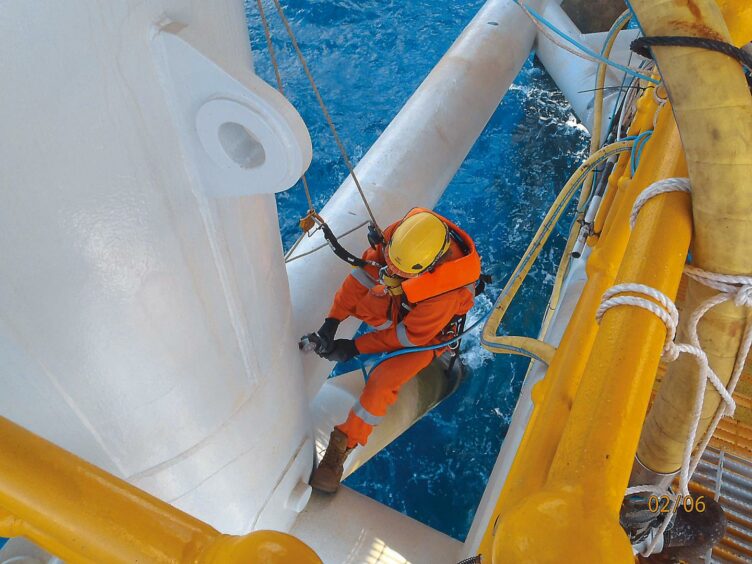
Following a tumultuous two years since the first Covid-19 lockdown in the UK, the now much-changed energy sector remains an attractive proposition for both global investors and trade players. Many of these are looking to get ahead of the curve of the much publicised transition to sustainable energy sources.
That said, with the recent Russia and Ukraine conflict bringing energy security to the top of political agendas, who is funding the current traditional energy sector and where are investments being made?
Taking the current situation and market dynamics first, the price of Brent Crude recovered from the low of $16 per barrel in 2020 to around $80 per barrel in March 2021, and is trading at $110 per barrel at the time of writing.
Although the oil price is perhaps a more common indicator of the sector performance, gas prices have risen from around $2.50 per therm in March 2021 to highs of $6 per therm during 2021. They are currently trading at around $5 per therm.
While consumers are feeling the pinch in their energy bills, price rises have generated significant free cashflow for exploration and production companies with producing assets.
In turn, companies have sought to reinvest in their transition to low carbon and sustainable energy sources. For instance, BP is dedicating 40% of its spending budgets to aid the energy transition, with the plan to become a net zero company by 2050.
From an investment perspective, higher and sustainable energy prices make the sector more attractive to investors. That said, the pool of funders has reduced from pre-pandemic times. Funding providers are increasingly seeking further assurances on Environmental, Social and Governance (ESG) strategies, in particular on reducing the carbon footprint of existing operations.
Selective private equity (PE) companies remain supportive of investments. Hitec Vision has supported its portfolio company NEO Energy in its acquisitions of ExxonMobil’s Central and North Sea assets in 2021 and, more recently, the reported $1.7 billion purchase of JX Nippon’s UK assets.
With the rise in energy prices, sector specific debt providers appear more supportive to increase facility limits on, for example, reserve-based lending arrangements, which are debt instruments linked to the future cashflows of assets, and production-based financing options.
The theme of well-funded trade players extends to the service sector.
Baker Hughes has announced it is to acquire Altus Intervention, an international provider of well intervention services and down-hole technology, while NOV has acquired the Advanced Drilling Solutions (ADS) business of AFGlobal, an independent provider of Managed Pressure Drilling (MPD) equipment. Meanwhile, Altrad, headquartered in France, is acquiring Aberdeen-based Sparrows Group.
PE renewable, clean tech and green energy specific funds activity remains on the rise for energy services businesses, with a focus on value adding niche technologies and particularly on environmental and maintenance service offerings.
Notably, we continue to see Scottish National Investment Bank (SNIB) investment activity focusing on low carbon businesses and companies.
An example of this is SNIB’s investment of £2 million in FOREV, an electrical vehicle charging network company, raising funding to pursue the next phase of its development.
Reflecting on the first few months of 2022, we expect to continue seeing merger and acquisition activity from trade players looking to use surplus cash and access to the debt markets to widen their service and product offerings, together with low carbon PE funds expanding their portfolios.
Callum Gray is Corporate Finance Director & Head of Deal Origination at AAB
 © Supplied by AAB
© Supplied by AAB